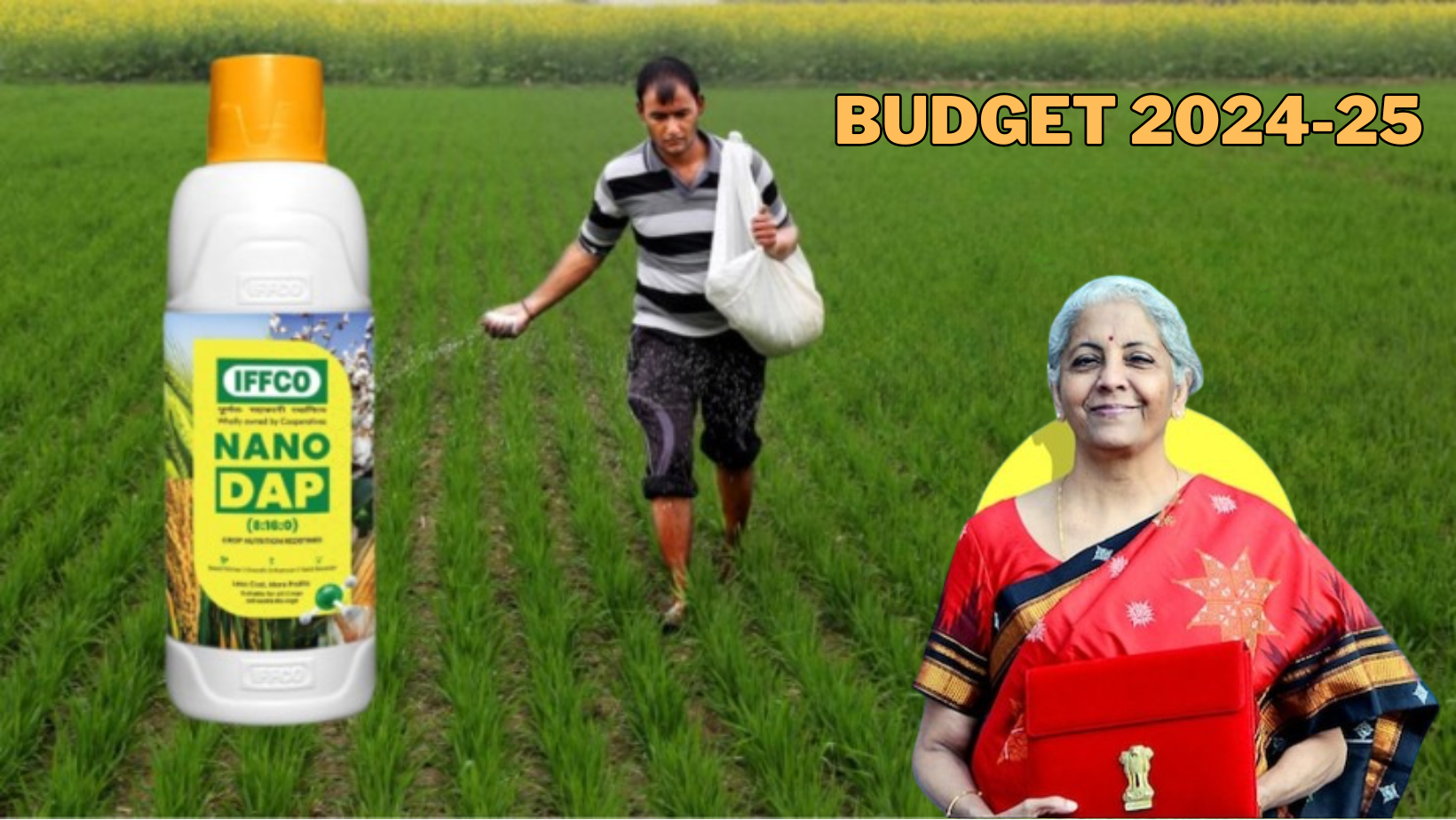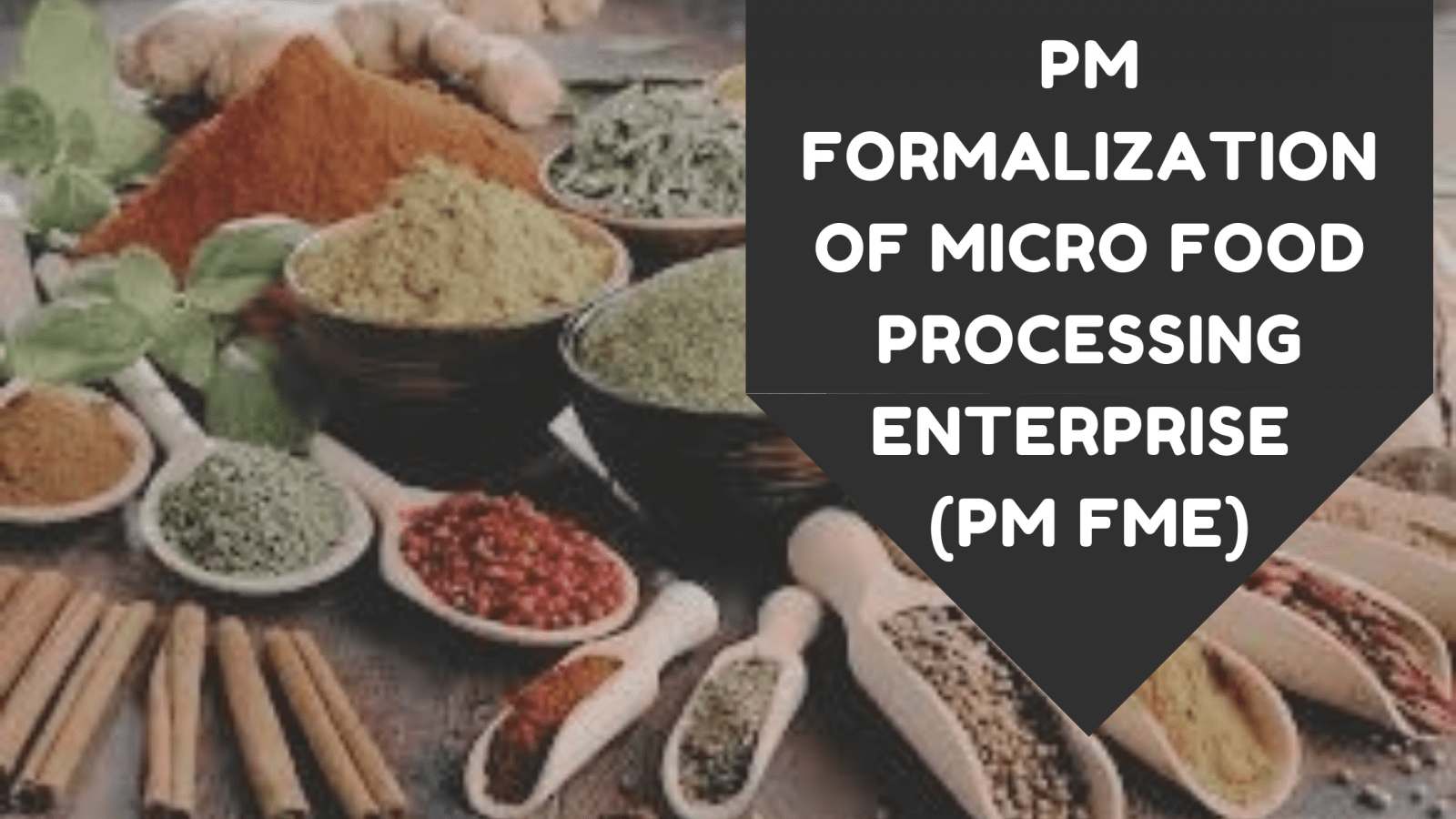Expansion of Nano DAP (Indian Express)

- 02 Feb 2024
Why is it in the News?
Finance Minister Nirmala Sitharaman, presenting the interim budget on (February 1), announced the expansion of the application of Nano DAP on various crops in all agro-climatic zones.
What is DAP?
- Di-ammonium Phosphate (DAP) is a fertilizer containing phosphorus and nitrogen, crucial nutrients for plant growth.
- Its chemical formula is (NH?)?HPO?. DAP is widely utilized in agriculture to offer plants a quick and easily accessible nutrient source.
- It ranks as the second most utilized fertilizer in India, following urea. Notably, DAP is rich in phosphorus (P), which plays a vital role in promoting root establishment and development.
- Application of DAP is typically done just before or at the time of sowing to ensure optimal plant growth and development.
What is Nano DAP?
- Nano DAP is an innovative liquid fertilizer formulation comprising nanoparticles of Diammonium Phosphate (DAP).
- Serving as a rich source of nitrogen and phosphorus, the two primary nutrients crucial for crop growth, Nano DAP offers unique advantages.
- Its small particle size, measuring less than 100 nm, coupled with a high surface area, facilitates easy absorption by plant leaves.
- This novel nano-formulation contributes to enhanced crop growth and yield, decreased environmental impact, and improved profitability for farmers.
Why Nano DAP?
- In addition to being more efficient than conventional DAP, Nano DAP has a few other benefits.
- First, it is more pocket-friendly than its conventional counterpart.
- A 500 ml bottle of Nano DAP, equivalent to a 50-kg bag of conventional DAP, is priced at only Rs 600 (compared to Rs 1,350 for the bag).
- Since the government provides significant subsidies on DAP, the adoption of a more inexpensive fertiliser will likely be a significant relief to the government’s subsidy burden.
- Second, for farmers, Nano DAP is also significantly more convenient.
- Simply put, 500 ml bottles are easier to transport, store, and use than 50kg bags.
- The fertiliser is sprayed on crops, with 250-500 ml of DAP, dissolved in water, required per spray, per acre.
- Most importantly, however, India currently imports significant quantities of fertiliser to meet domestic demand.
- The adoption of domestically-produced Nano DAP — produced in Kalol, Gujarat — is set to significantly reduce this import burden.
- This revolutionary step will not only take Indian agriculture forward in foodgrain production but it will also make India self-reliant in fertiliser production.
- The adoption of Nano DAP will help in achieving self-sufficiency in fertilisers and greatly benefit our farmers.
PM Formalisation of Micro food processing Enterprises (PMFME) Scheme" launched under the Atmanirbhar Bharat Abhiyan with an outlay of Rs. 10,000 Crore supports 2 lakh micro food processing enterprises following One District One Product (ODOP) approac

- 08 Dec 2023
Why is it in the News?
As part of Atmanirbhar Bharat Abhiyan, the Ministry of Food Processing Industries (MoFPI) is implementing a centrally sponsored "PM Formalisation of Micro food processing Enterprises (PMFME) Scheme" for providing financial, technical and business support for setting up / upgradation of micro food processing enterprises in the country.
About PM Formalisation of Micro food Processing Enterprises (PMFME) Scheme:
- Launched on 29th June 2020, PMFMPE is a Centrally Sponsored Scheme by the Ministry of Food Processing Industries.
- It is designed to address the challenges faced by the micro-enterprises and to tap the potential of groups and cooperatives in supporting the upgradation and formalization of these enterprises.
- Aims:
- Enhance the competitiveness of existing individual micro-enterprises in the unorganized segment of the food processing industry and promote formalization of the sector; and
- Support Farmer Producer Organizations (FPOs), Self Help Groups (SHGs), and Producers Cooperatives along their entire value chain.
- Objectives: To build the capability of microenterprises to enable:
- Increased access to credit by existing micro food processing entrepreneurs, FPOs, Self Help Groups, and Co-operatives.
- Integration with an organized supply chain by strengthening branding & marketing.
- Support for the transition of existing 2,00,000 enterprises into a formal framework.
- Increased access to common services like common processing facilities, laboratories, storage, packaging, marketing, and incubation services.
- Strengthening of institutions, research, and training in the food processing sector; and
- Increased access for the enterprises, to professional and technical support.
- Outlay:
- The scheme envisages an outlay of ? 10,000 crores over a period of five years from 2020-21 to 2024-25.
- The expenditure under the scheme would be shared in a 60:40 ratio between Central and State Governments, in a 90:10 ratio with the North
- In Eastern and the Himalayan States, a 60:40 ratio with UTs with the legislature and 100% by the Center for other UTs.
- Coverage:
- Under the scheme, 2,00,000 micro food processing units will be directly assisted with credit-linked subsidies.
- Adequate supportive common infrastructure and institutional architecture will be supported to accelerate the growth of the sector.
